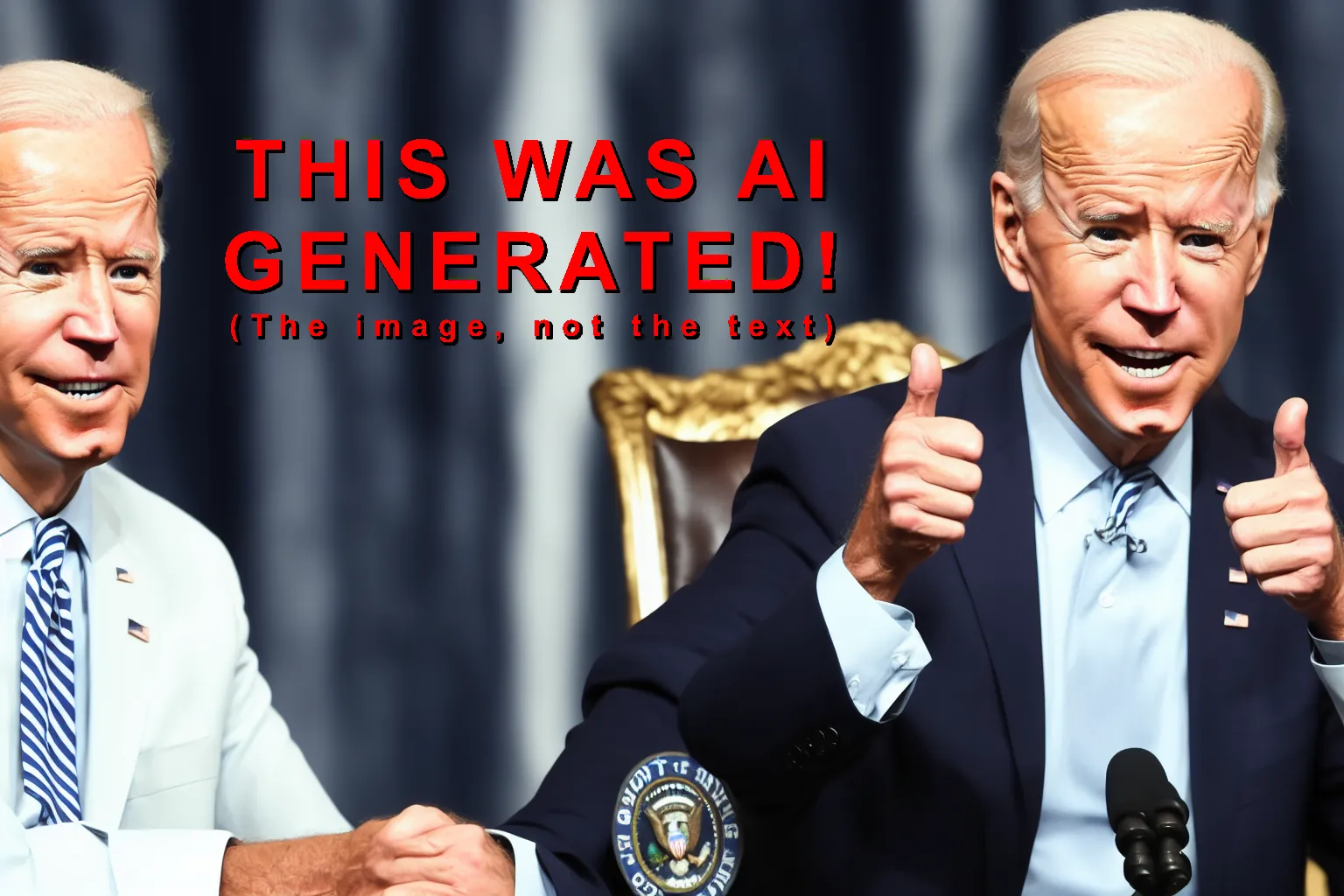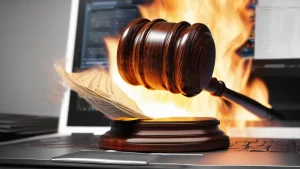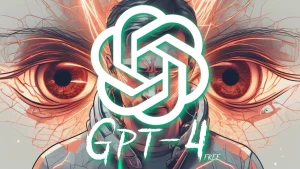Does Biden’s New Order and The AI Bill of Rights affect you?
So, today Biden signed a new executive AI bill that affects the bodying of AI. But what you are likely more interested in, is how this might affect you.
So, today Joe Biden signed a new executive AI bill that affects the bodying of AI. Which covers quite a bit in the field of AI. The AI Bill of Rights will affect all users of AI, including government agencies. But what you are likely more interested in, is how this might affect you.
How This Affects Different Levels of AI Users
So, for simplicity, I have broken this down into three classes. Namely, a hobbyist user of AI (In which I believe I would fall), Someone who uses AI for business or in their business, and lastly a corporate entity working in an AI field (such as a developer firm)
Hobbyist AI User:
The recent executive order on AI may not directly alter the landscape for hobbyists who engage with AI technology casually, but it significantly influences their AI experience. For hobby users, the executive order primarily impacts how they interact with AI or see AI being used by companies.
The real impact for hobbyists lies in the experience itself. The increased focus on safety testing indirectly ensures that the AI technologies they explore are less likely to pose risks or harm. This creates a more secure environment for hobby users, providing them with peace of mind as they dabble in AI-driven applications and content.
Just like how the government does not come knocking on your door when you watch a movie on a stream you maybe should not have, they will likely not be sending you summons for training your Hentai LORAs with copyrighted images. Your friends will still be ashamed of your bizarre obsession, and your online dark secret of a persona will be praised for what you share.
Casual Business AI User:
For businesses that utilize AI, the recent AI bill signifies important changes that will impact their endeavors. Safety and compliance are at the forefront. The executive order emphasizes transparency for consumers. Industry standards like watermarks will play a pivotal role in enhancing transparency when consumers interact with AI-generated content. This transparency is particularly crucial for businesses utilizing AI in marketing and content creation, where distinguishing AI-generated content from authentic content is essential.
We have already seen a lot of issues and controversy when a company utilizes AI, or is found to have used AI images. Staying compliant with these evolving standards is not just a matter of public trust now but also legal compliance. There is an almost new form of taboo, and AI based cancel-culture, but now there will also be legal compliance issues to worry about. This group will need to keep a close eye on these developments to ensure their AI practices align with the evolving regulatory landscape.
Business Working Primarily in AI Development:
The recent executive order on AI by President Biden promises a significant shift in how businesses across the AI spectrum will operate. For businesses deeply entrenched in AI development, the impact is profound. They will now be required to conduct rigorous safety tests and share the results with the government. These safety tests, often referred to as “red teaming,” are designed to ensure that AI products meet stringent safety standards. Failure to adhere to these safety requirements could result in substantial regulatory challenges, making compliance of utmost importance.
The executive order introduces new industry standards, including the use of watermarks to identify AI-generated content. This may seem like a subtle change, but it has the potential to significantly impact product design and user experiences, especially for those using AI in marketing and content creation. Furthermore, businesses primarily involved in AI development should prepare for the possibility of government contracts and grants related to AI safety. The government’s increased influence and financial support in AI research and development could profoundly shape their operations. This could actually help enrich AI in the long run.
In conclusion, the AI bill brings both promise and challenges to the AI industry landscape. It serves as a call to action for businesses to prioritize safety and transparency in AI products while adapting the industry standards. That business (or even private entities) deeply immersed in AI development must also be aware of government contracts and grants, which can vastly change their operations. However, businesses will also have to prepare to navigate the enforcement which I think will prove to be a bit ‘grey’. I am certain there are lawyers already gearing up to specialize in this new type of law. Which is stupid, can’t you just use GPT for that?
My Thoughts on the AI Bill
I highly recommend taking a read of the AI Bill of Rights for yourself, see how it might affect you, or if it even will at all. Like most laws, it simply provides another barrier which those who use AI tools for nefarious use to sidestep, and simply imposes on those actually using it for good. Additionally, with AI being such a wide range and a whole new realm, creating governance on it will prove difficult in my opinion.
I believe other factors were in play when it came to this discussion, namely fear-based money being thrown around for those in industries that AI can, and likely will replace. Being a humble food service worker, I don’t fear this. Additionally, those small-time/hobby coders who are developing AI tools should not fear this regulation, just like those making password crackers, network sniffers, etc. The laws exists and are there, but that’s about it when it comes to them.
Federal agencies, now being required under the new AI bill to use watermarks, I find interesting. I think will set an example for others, especially larger businesses, and AI-based companies. Also, I feel that this demonstrates the government’s intention to play a role in shaping AI and its practices. I believe they are hoping to level the field a bit and give order to what is a wonderful Wild West.




